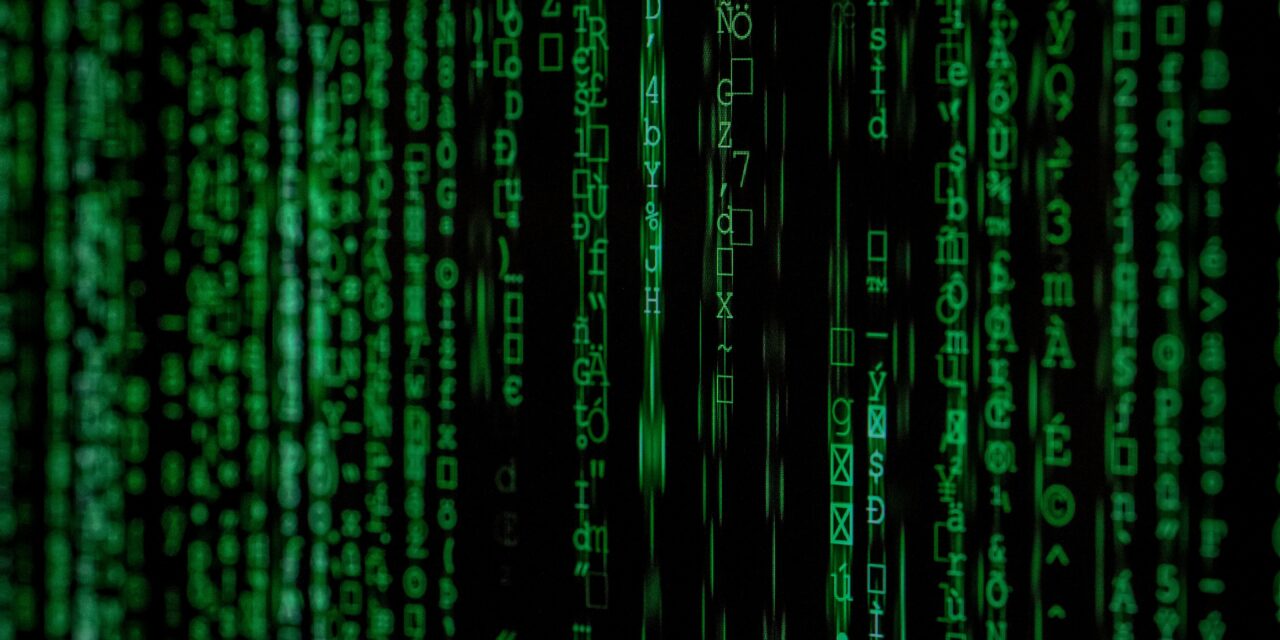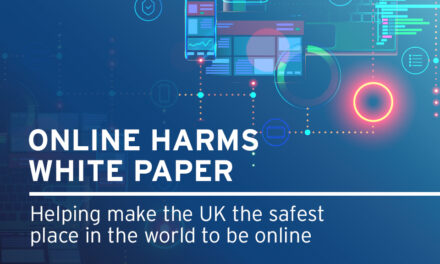Technology isn’t good or bad – it’s a tool. But it can transform lives. The printing press caused a revolution in thinking, not just in communication. And the mass dissemination of information to the general public, shattered power structures across the world.
One of the earliest changes was the deliberate politicisation of information. Early publishers were known to disseminate untruths and propaganda at scale.
Today, such information wars have merely shifted onto a new battleground.
The internet, and social media in particular, has contributed to making the world seem smaller, bring families together, and provided a tool many find useful. But the public forum many dreamed of has become a bearpit of the loudest and most strident voices.
In dictatorships, mass-communications has given a new tool for control. Able to channel images and information to individuals, the level of targeting has changed propaganda from a crude tool to a surgeon’s scalpel. Some have taken it one step further. Instead of working on alternative truths, they’re challenging the very idea of truth. Through clouding the field with information and disinformation, they’ve made everything a lie.
The divide between autocrats and democrats has been made so much starker by the pandemic.
As infection levels have mounted the world over, the United Nations has warned of an ever increasing infodemic as social media is being abused to undermine the global health response and has put people’s lives in danger.
The American Journal of Tropical Medicine and Hygiene released a study in August detailing that 5,800 people had been hospitalised and at least 800 people died from drinking methanol during the course of this pandemic, many likely caused by hearing untruths online.
That’s what makes disinformation doubly egregious. It involves the concerted and highly deliberate effort of knowingly spreading bad information, sometimes capitalising on crisis or confusion.
Stories of Russian troll factories, like the Internet Research Agency in St Petersburg, aren’t new, but operations to exploit free speech in democracies to undermine trust in legislators and governing institutions has been taken down a level.
In 2018, US Department of Justice indicted 13 Russians and three entities associated with the Internet Research Agency, accusing them of interfering in US political processes including the 2016 Presidential elections.
Ukraine is part of the Kremlin’s protracted proxy war. In the wake of the 2014 annexation of Crimea and the Euromaidan protest movement, Russia mounted cyberattacks on Ukrainian government websites and critical infrastructure to erode trust.
Disinformation and lies have also been spread to discredit pro-Western politicians in Ukraine, casting them as fascists and anti-Semites.
Such practices compound to pre-existing divides and create new conflict lines along the way.
Worryingly, other autocracies are picking up this behaviour.
In April, Politico cited a retracted report from the US State Department that found alignment in the narratives coming out of China, Russia and Iran on coronavirus.
Disinformation casting the blame on the US, claiming the virus was a bioweapon spread by the US Army, that it did not originate in China and that autocratic regimes had handled the pandemic well whereas democracies failed in their response.
Autocrats have the advantage of close control of the spread of information. China’s Ministry of Foreign Affairs spokesman Zhao Lijian even uses platforms based in free countries, like Twitter, to spread disinformation about the origins of the virus. Twitter’s absence of a censor means it’s banned in China.
Echoing this narrative, the Head of The Islamic Revolutionary Guard Corps of Iran has made similar statements.
They use disinformation as a vehicle to sow confusion and spread doubt about established facts.
At the same time, they reveal a fundamental weakness in their own governance structures. They fear the spread of truth, and that’s why they seek to counter it.
In responding, democracies must seek solutions that are consistent with the emphasis we place on freedom of information. This is a challenge, but not one that’s insurmountable.
Our governments should not hesitate to call out autocratic regimes and their mouthpieces. Russia Today, China Daily and Global Times are modern versions of the Soviet newspaper, Pravda, which denied the 1979 invasion of Afghanistan or the Chernobyl disaster. They are not staffed by journalists but propagandists. Social media platforms should be careful of their content and the disinformation they spread as it undermines the supposed purpose of the platforms.
Some social media sites have made good progress on this, but much work remains. Just like publishers in the past, they need to be reminded of their responsibility.
Greater transparency as to how sites monitor and regulate content, and the mechanisms they use to verify and fact-check information is important and should be subject to public debate. This isn’t to hinder free speech, but to defend it. What we are seeing today is freedom silenced by states able to drown out dissenting voices, distorting our political discourse and undermining our democracy.
Today’s wars may never see a shot fired, nor elections a genuine vote cast as the politicisation of information has become a power in itself as disinformation isn’t a second narrative but a camouflage to hostile action. But despite the fog of words, the pursuit of truth is vital. It’s not a battle we can afford to lose.





